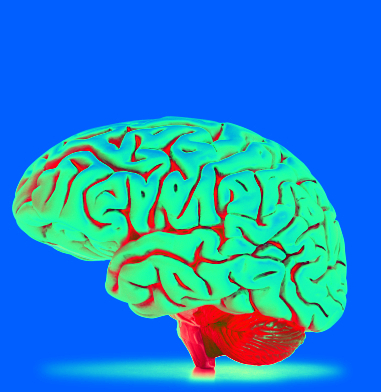MH system issues reported
 A new report suggests Australia’s mental health care system is stretched beyond its limits.
A new report suggests Australia’s mental health care system is stretched beyond its limits.
The Australian Medical Association (AMA) has released its Public Hospital Report Card: Mental Health Edition, revealing a severe shortage of resources.
The review says more mental health patients are arriving at EDs by ambulance or police services, often in critical condition and needing immediate help.
It indicates that, on average, patients with mental health-related issues spent seven hours waiting in EDs before being admitted. For 10 per cent of these patients, the wait extended to more than 23 hours.
“Our public hospitals are under more strain than ever, and this is a direct result of the public hospital logjam,” says AMA president Dr Danielle McMullen.
She notes that Australia has only 27 specialised mental health beds per 100,000 people, which she described as “the lowest per-person capacity figure on record”.
Dr McMullen says long ED waits worsen the distress experienced by patients and their families, placing additional pressure on hospital staff.
“Emergency departments are no place for someone suffering a critical mental health illness. They aren’t designed in a way that’s conducive to good mental healthcare,” she said.
According to the AMA report, the demand for ED care for mental health has surged, with the number of emergency-level mental health cases rising from 9 to 21 per 10,000 people since 2010/11.
Similarly, the number of urgent mental health cases has jumped from 37 to 57 per 10,000 people over the same period.
The lobby attributes these increases to a lack of mental health support in the community, leaving many Australians with no alternative but the ED for urgent care.
“Australia is failing to provide appropriate care to patients in the community, leaving many with no alternative to seeking essential care at their public hospital - this needs to change,” McMullen said.
The review also found pressure on ED staff is mounting, with overcrowded and high-stress conditions contributing to unsafe environments and staff burnout. Some situations have even led to assaults on staff members.
“This situation is extremely distressing for the dedicated staff working in EDs, who are not supported or sufficiently resourced to manage patients with complex mental health issues,” the AMA president said.
“The solution to the growing mental health burden on our hospitals is additional resourcing and real reform to the delivery and availability of mental health support at all levels,” Dr McMullen concluded.
The full report is accessible here.







 Print
Print